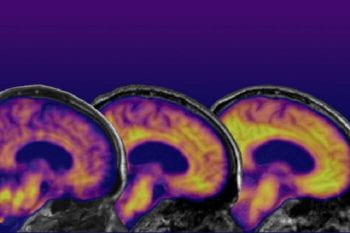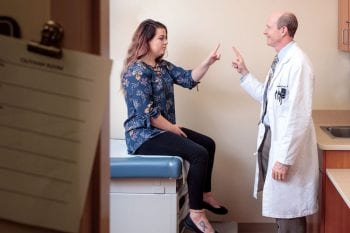In this episode, Washington University researchers discuss the Food and Drug Administration’s recent full approval of the drug Leqembi (lecanemab) and what it could mean to the future of Alzheimer’s disease treatments. The drug is approved for use in people with mild dementia from Alzheimer’s disease, but researchers at Washington University’s Charles F. and Joanne Knight […]
Podcast: Newly approved drug may slow progression of Alzheimer’s











